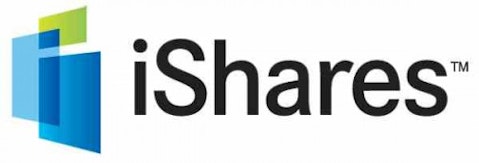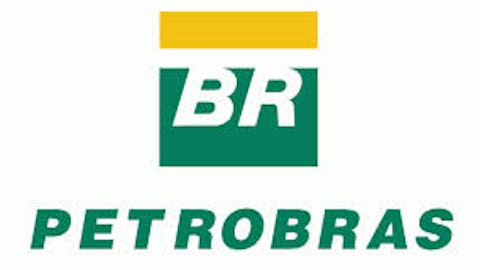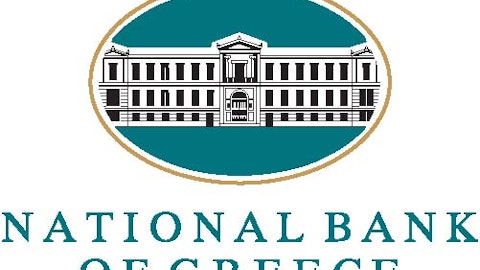Investors have a unique perspective on current events, as they always have to consider the financial ramifications of what’s happening throughout the world. Sometimes, as we saw with the Greek sovereign debt crisis, the event that spurs civil unrest is itself a direct consequence of activity in the financial markets. Yet more recently, uprisings in Egypt, Turkey, and Brazil have raised concerns about the potential future economic impact if tensions continue to rise — and have stirred some opportunistic investors to try to take advantage of falling markets in those countries to find investment bargains.
Before you seek your fortune in potential hot spots around the world, though, you need to know some of the dangers involved. With your investment safety in mind, let’s take a look at the biggest risk that faces investors looking to concentrate on particular countries and what you need to do to control that risk.
The danger of thinly traded markets
Your most important concern when investing in a particular country should be figuring out how easy or difficult it will be for you to get your money into and out of its financial markets. With the rise of exchange-traded funds and other focused investment products, the days of having to find a country-specific brokerage account in order to invest are long gone.
But just because an ETF exists doesn’t mean it will always provide the exposure and liquidity you need. For instance, back in early 2011, the Arab Spring uprisings across the Middle East and elsewhere forced the Egyptian stock market to close for nearly two months. During that time, lacking any other easily accessible way to get Egyptian stock exposure, investors turned to the Market Vectors Egypt Index ETF (NYSEMKT:EGPT) as their proxy for the market. Yet without any pricing information from the actual stocks the ETF held, investors were merely making their best guesses about the true intrinsic value of the ETF, leading to wild swings and substantial losses for investors whose timing proved imperfect.
Brazil and Turkey don’t pose as big a concern on this front, as they both have more liquid markets with multiple ways to get exposure. Several major Brazilian stocks trade directly on U.S. exchanges, while the iShares MSCI Brazil Index (ETF) (NYSEMKT:EWZ) and Ishares Msci Turkey Inv Market Index Fd (NYSEARCA:TUR) ETFs both have much higher average trading volumes than the Egyptian ETF. However, here too, you also have to pay attention to disparities between ETF prices and the value of underlying stock holdings. For instance, yesterday, the Turkey ETF reported a net asset value that was more than 2% above the prevailing price of the fund shares, meaning that investors who sold ETF shares yesterday ended up paying a liquidity penalty to get their cash.



